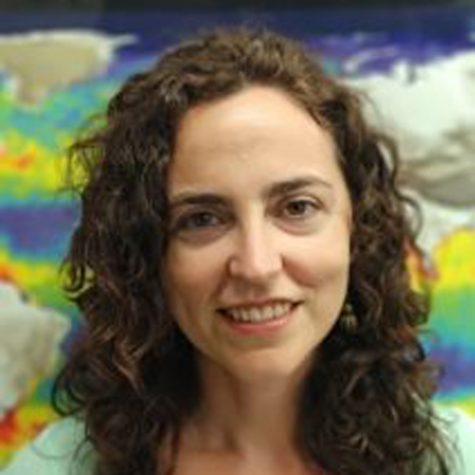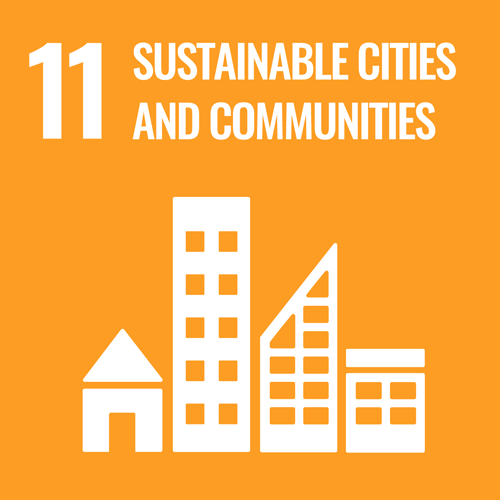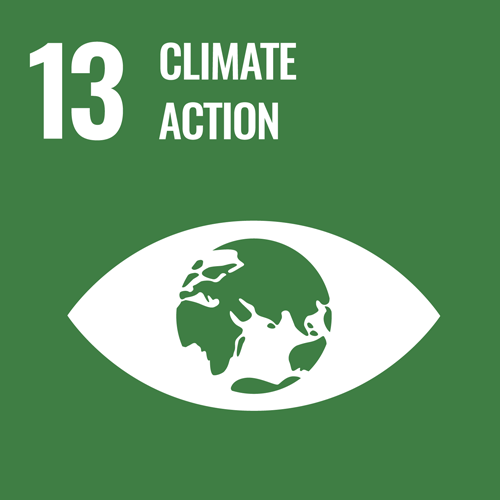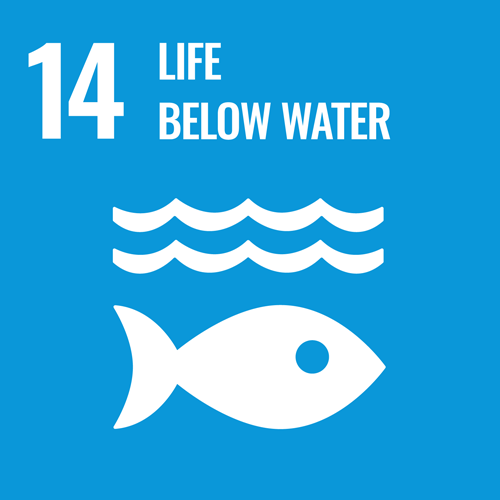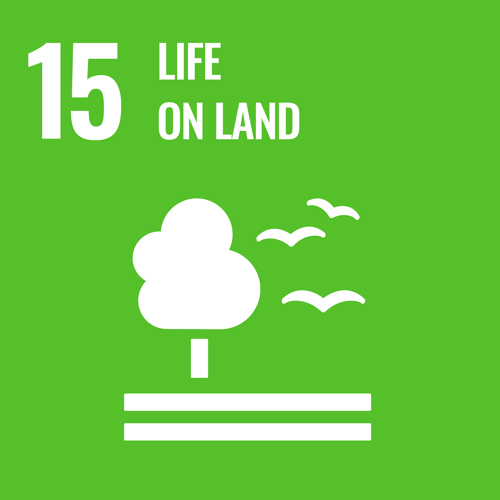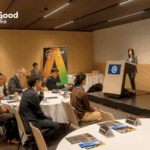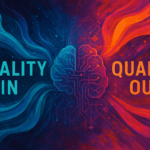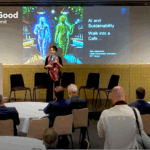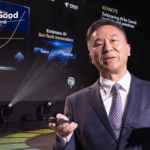As the world gears up for COP28, a critical reflection on the intersection of artificial intelligence (AI) and environmental sustainability is timely and imperative. The United Nations AI for Good platform, organized by ITU in collaboration with 40 UN organizations, has dedicated tracks on “AI for and Climate Science” and “AI for Earth and Sustainability Science” where the world’s leading scientists lay out in detail how AI can be a game-changer in our fight against climate change.
AI emerges as a powerful ally, offering innovative solutions to advance climate science, mitigate environmental impacts and adapt to changing climates. By analyzing vast datasets, AI can better forecast weather and climate, monitor and predict climate change and – importantly – its impact on ecosystems, water and public health to name a few. In addition, it helps us understand the carbon cycle – the major force for climate change – and lets us optimize energy consumption, contributing significantly to sustainability efforts.
One of the most exciting applications of AI is in predictive climate modeling. Traditional models, while effective, often struggle with the immense complexity and variability of climate systems and are hugely computationally expensive to run at high resolution. AI, with its ability to process and analyze large datasets, can enhance the speed and accuracy of these models, while also providing emulators that can allow responsive interactions – enabling the vision of a Digital Twin of the Earth. AI will also provide entirely new ways to interrogate and access the predictions of such Twin Earths. This advanced predictive capability is crucial for understanding potential future climate scenarios, enabling policymakers and scientists to make informed decisions. The next frontier is to map those climate and weather forecasts into even higher resolution impact forecasts – first pilot studies show the ability to predict whole landscape at 20 m resolution.
The webinars also highlighted AI’s role in broader environmental sustainability. AI technologies are being used to monitor biodiversity, manage natural resources more efficiently, and reduce pollution. For instance, AI-driven systems can analyze satellite imagery to track deforestation or illegal fishing activities, providing valuable insights for conservation efforts.
The AI for Good webinars emphasized the importance of collaborative efforts between governments, NGOs, academia, and the tech industry. Combating climate change requires a concerted effort, and harnessing AI’s full potential demands cross-sector collaboration. Shared knowledge, resources, and expertise are essential in developing effective, sustainable AI solutions.
AI can also play a pivotal role in environmental policy making. By providing accurate, real-time data and predictive insights, AI enables policymakers to draft more effective environmental regulations and policies. This data-driven approach ensures that policies are not only reactive but also proactive in addressing environmental challenges.
As we approach COP28, it is clear that AI holds remarkable promise for advancing our environmental goals. The insights from the ITU’s AI for Good series serve as a beacon, guiding us towards a future where AI and human ingenuity work hand in hand for the health of our planet.
As we continue to explore the potentials and address the challenges, the role of AI in shaping our environmental future remains a beacon of hope and a testament to human innovation.
By the curators of AI for Good’s Discovery tracks on
(1) “AI for and Climate Science” and (2) “AI for Earth and Sustainability Science”:
- Philip Stier, Professor of Atmospheric Physics, University of Oxford, Member ELLIS unit Oxford; Duncan Watson-Parris, Assistant Professor, University of California San Diego, Member ELLIS unit Oxford
. - Markus Reichstein, Director & Professor, Max Planck Institute for Biogeochemistry, Director ELLIS unit Jena; Maria Piles, Associate Professor and Senior Researcher, Universitat de València, Fellow ELLIS program Machine Learning for Earth and Climate Sciences; Gustau Camps-Valls, Professor in Electrical Engineering, Universitat de València, Director ELLIS program Machine Learning for Earth and Climate Sciences; Joachim Denzler, Professor of Computer Vision, University of Jena, Director ELLIS unit Jena; Conrad H. Philipp, Senior Project Coordinator, University of Jena, ELLIS unit Jena.







